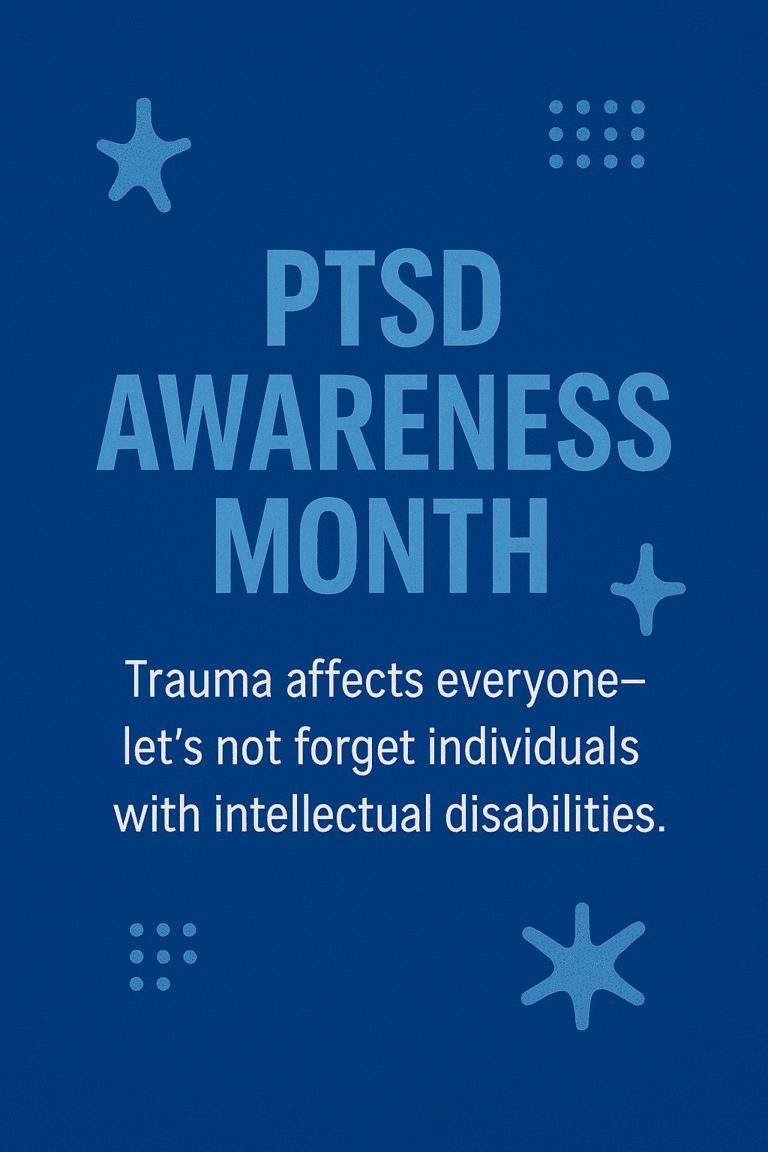June is PTSD Awareness Month, a time to shed light on this important mental health condition. While often associated with veterans returning from war, PTSD can affect anyone who has experienced a shocking or dangerous event.
What is PTSD?
Approximately 3.5% of American adults have PTSD, which develops after exposure to a traumatic experience like abuse, accidents, natural disasters, or combat. While some people recover naturally, others experience persistent symptoms that interfere with daily life.
A Look Back: Recognizing the Impact of Trauma
Though PTSD has likely existed for centuries, it wasn’t always acknowledged. Soldiers in past wars exhibited anxiety and fear, and characters in literature displayed symptoms we now recognize as PTSD. In 1980, the American Psychiatric Association officially recognized PTSD, paving the way for diagnosis and treatment.
Warning Signs of PTSD
PTSD affects everyone differently, but some common signs include:
- Easily startled
- Flashbacks
- Nightmares
- Avoiding reminders of the trauma
- Irritability
- Loss of interest in activities
- Depression
These symptoms can significantly impact daily life. If they persist for more than a few months, seeking professional help is crucial.
The Good News: Treatment is Available
PTSD is treatable through therapy, medication, or a combination of both. Talking to a doctor, joining support groups, or contacting the Veterans Crisis Line (for veterans) are excellent starting points.
Supporting Someone with PTSD
Living with someone who has PTSD can be challenging. Their avoidance behavior can affect relationships. Here’s how you can help:
- Be patient: Their symptoms are not under their control.
- Educate yourself: Learn about PTSD from resources like the National Institute of Mental Health and the National Center for PTSD.
- Consider therapy: Therapy can help you cope and develop healthy ways to support your loved one.
Remember, you’re not alone. Many resources are available to help those with PTSD and their loved ones. Let’s work together to raise awareness and support those struggling with this condition.

